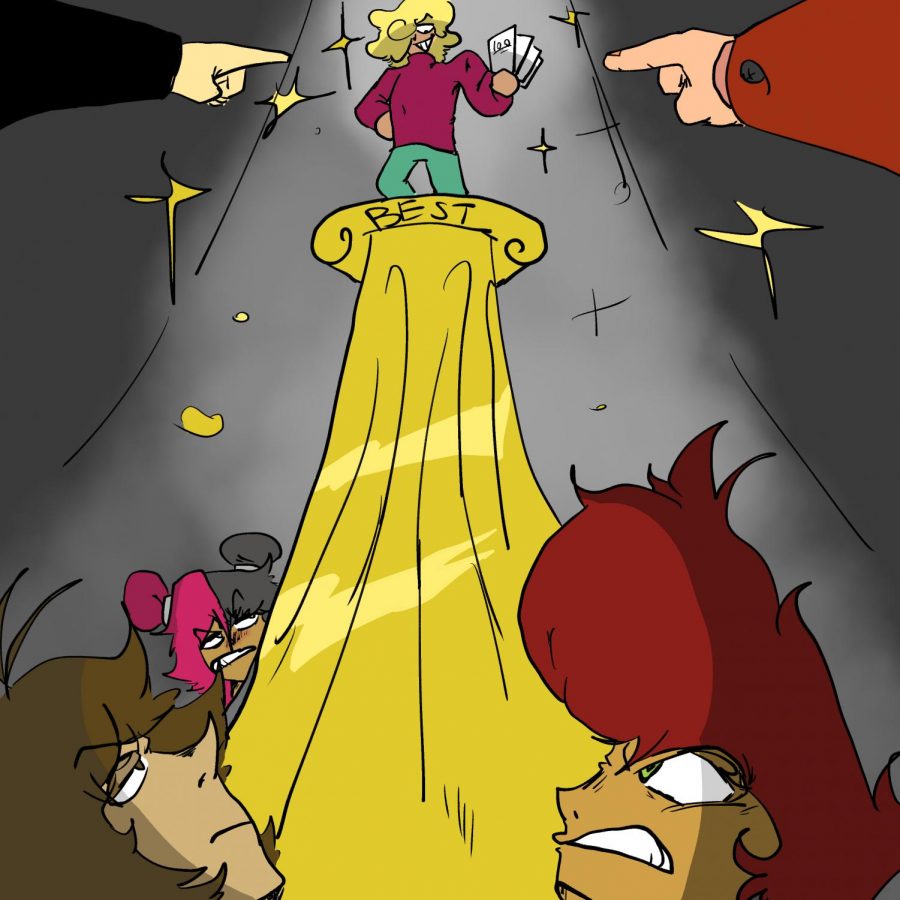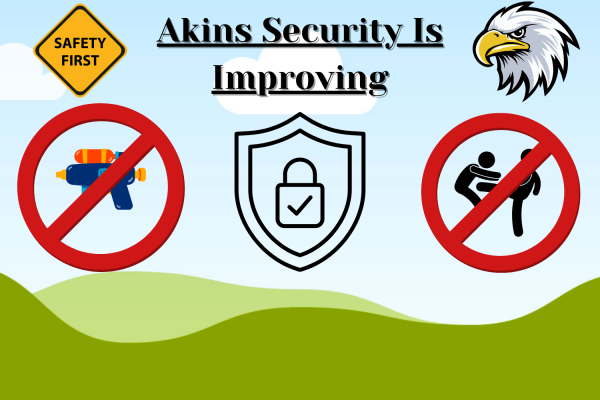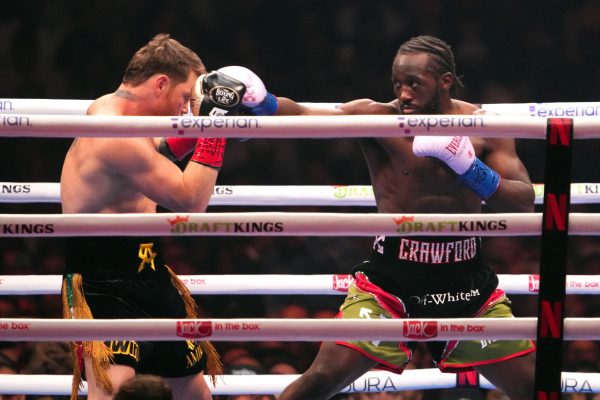Favoritism, misbehavior causes problems for students
January 10, 2020
While student misbehavior is often the focus of attention at high school, sometimes the actions of teachers can be just as bad.
In my 12 years of attending school, I’ve seen it all: favoritism, vindictiveness, weird touching. The list goes on. Most teachers don’t behave this way, but it is especially upsetting when you see a teacher do it because they are supposed to be role models.
Favoritism is one of the most commonly experienced types of bad behavior. It results in unequal treatment of students that receive certain advantages from the teacher compared to others.
Favoritism doesn’t necessarily result in harm to students, but it can produce negative feelings of self-worth. I believe teachers should give all students a chance.
Yes, there are times when students provoke teachers to the point where the teacher has to raise their voice to get everyone’s attention, but sometimes it goes too far.
I remember my sophomore year a student didn’t do his work and that was our teacher’s number one pet peeve so he made a big deal out of it and slammed a keyboard on the desk and kicked a chair towards the student and it completely threw o the whole class. Sometimes it seems that there are certain students that receive a teacher’s wrath more than others, causing them to get upset over small things. Another incident my sophomore year my teacher strictly told all students no phones are allowed in her class so a student had his phone out she politely asked him to put it away but whenever another student did it she raised her voice and threatened the student to give her the phone or she will take it to the office.
It’s understandable for some teachers to be irritated by students that are constant offenders, If it is getting to the point where students and teachers are yelling at each other, they should try to work out a mediation session with the Restorative Justice program we have at Akins.
A far worse form of misbehavior is when teachers form inappropriate relationships with students. I’ve seen a teacher grab a student’s phone and take pics of themselves or even send a text or post something on their social media. This is unacceptable. Teachers need to respect students’ personal boundaries.
I could tell that these students felt uncomfortable because of their facial expressions. Most of the time I don’t think that the teacher realizes it, but you can tell that the student is annoyed or bothered with the situation.
There are laws that prohibit teachers from engaging in romantic and sexual relationships with students. Students should contact administrators or other school officials if they feel they feel they are experiencing sexual misconduct from any adult, especially teachers.
In conclusion, I think that teachers and students should work out disagreements the appropriate way. Or even be understanding both ways because we as students don’t know what teachers go through and we don’t know how they feel.
Same for teachers because some students aren’t spoon-fed so right after school they probably have work or even struggle to do schoolwork or even makeup tests that they didn’t do good on. So I think students and teachers should take the time to think before speaking because we don’t know what that teacher or student is going through.







